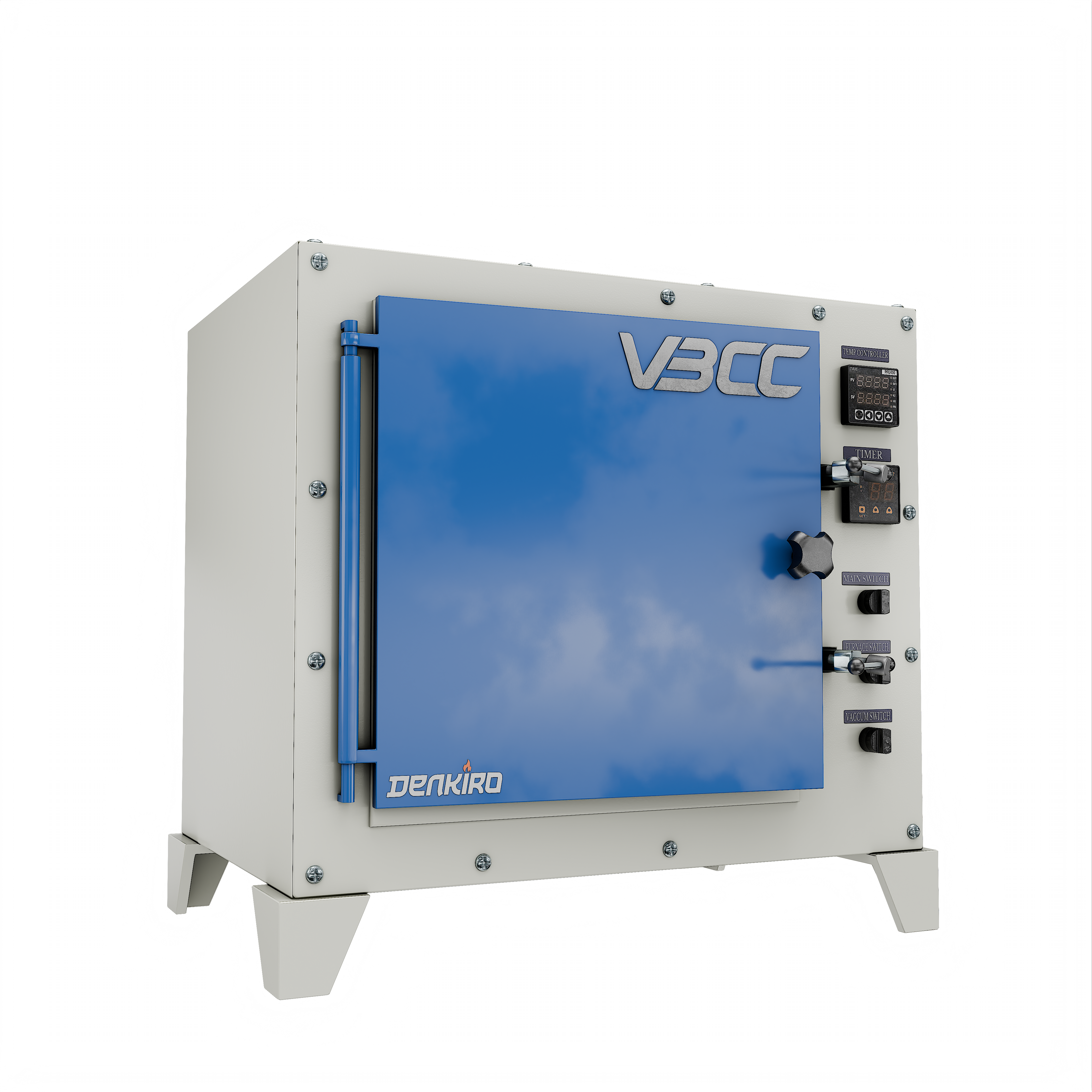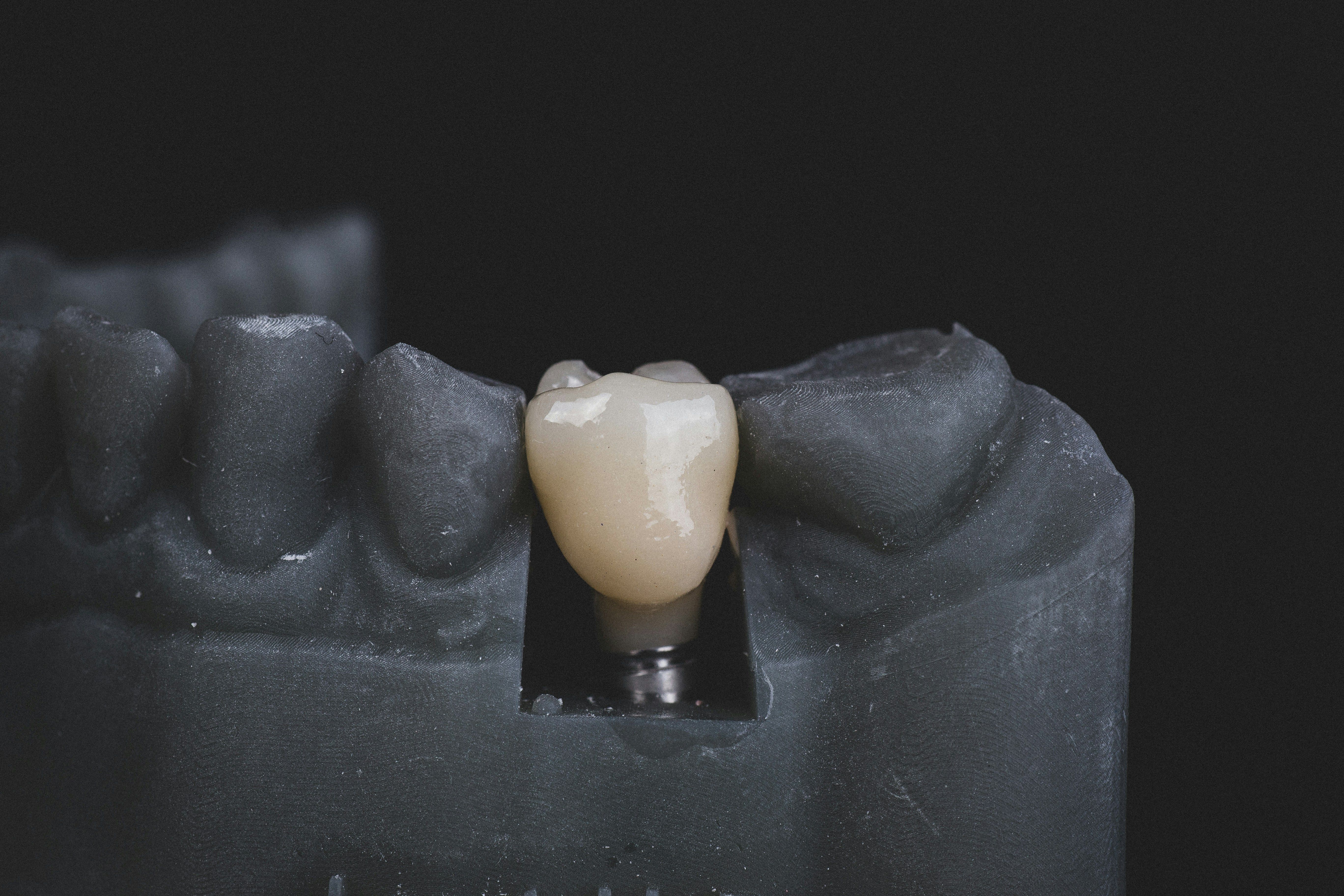Vacuum ovens play a crucial role in both laboratory and industrial environments where controlled, contamination-free heating is essential. By lowering the atmospheric pressure inside the chamber, these ovens allow materials to dry or cure at reduced temperatures. This process helps prevent oxidation and safeguards delicate, heat-sensitive substances.
The primary applications of vacuum ovens are as follows:
1. Pharmaceutical Drying and Decontamination
Ensuring drug purity and stability is essential in pharmaceutical manufacturing, where vacuum ovens play a key role. They are widely utilized to:
- Dry heat-sensitive active pharmaceutical ingredients (APIs) without causing degradation.
- Remove solvents from wet granules or compounds used in tablet manufacturing.
- Sterilize medical tools or containers in a moisture-free environment, preventing corrosion or contamination.
Because pharmaceutical products must meet strict regulatory requirements (e.g., FDA, GMP), vacuum ovens help maintain compliance while ensuring product quality.

2. Electronics Component Drying
Moisture trapped in electronic components like PCBs can lead to serious failures, including corrosion, short-circuiting, or delamination. Vacuum ovens are used to:
- Dehydrate and degas electronic assemblies before encapsulation or soldering.
- Prevent oxidation during reflow processes.
- Cure conformal coatings in a contaminant-free environment, improving longevity and performance.
Manufacturers often use them during post-cleaning processes to ensure no residual solvents remain on sensitive components.
3. Aerospace Material Processing
Vacuum ovens are essential in preparing advanced materials used in aerospace engineering. These include:
- Curing carbon fibre composites and epoxies under tightly controlled temperature and vacuum conditions.
- Outgassing trapped air or volatiles from materials used in spacecraft, which must perform in zero-atmosphere environments.
- Conducting thermal evaluations of components under conditions that replicate high-altitude or space vacuum environments.
- These capabilities ensure structural integrity, weight reduction, and resistance to extreme environments—crucial in aerospace design.
4. Medical Device Manufacturing
Medical device production demands ultra-clean conditions and high material stability. Vacuum ovens serve several roles:
- Drying surgical implants or prosthetics without risking microbial contamination.
- Curing silicone or polyurethane coatings on catheters, stents, and tubing.
- Thermally processing polymer-based components to enhance durability and ensure biocompatibility.
Their use helps meet FDA and ISO standards for cleanliness and sterility.

5. Botanical and Cannabis Extract Processing
In industries focused on plant-based extracts, especially cannabis, vacuum ovens are crucial for post-processing:
- Purging residual solvents like butane, ethanol, or propane from extracts without using high heat.
- Preserving volatile terpenes and cannabinoids, which degrade easily under heat or oxygen exposure.
- Producing clean, clear concentrates such as shatter, wax, and crumble.
With increasing regulatory oversight in this industry, vacuum ovens help ensure product safety and consistency.
6. Chemical Synthesis and Sample Preparation
In research laboratories, vacuum ovens are everyday tools for chemists and materials scientists. Common applications include:
- Removing solvents and moisture from reaction mixtures or purified compounds.
- Pre-conditioning glassware, catalysts, and powders by drying them to ensure compatibility with moisture-sensitive reactions.
- Preparing samples for elemental analysis or spectroscopy under clean, dry conditions.
Vacuum drying also prevents contamination, which is critical for experiments requiring high precision.
7. Lithium Battery and Energy Storage Manufacturing
As energy storage systems continue to advance, the demand for clean, dry, and uncontaminated environments increases accordingly. Vacuum ovens are essential for:
- Eliminating residual moisture from battery electrodes and separators through controlled drying.
- Preventing oxidation of reactive components like lithium or graphite.
- Enhancing cycle life and safety by ensuring materials are processed under inert or vacuum conditions.
This is particularly important in the production of high-density lithium-ion batteries used in electric vehicles and consumer electronics.
8. Plastics and Polymer Testing
In material science labs and quality assurance departments, vacuum ovens are used to:
- Cure and post-cure polymers such as epoxies, silicones, and resins.
- Remove trapped air and volatiles that can lead to weak spots in molded parts.
- Analyse off-gassing behaviour in polymers used in medical, automotive, or packaging applications.
These methods enable producers to create plastic products that are stronger and offer enhanced safety.

9. Food and Nutraceutical Processing
Vacuum ovens are increasingly used in the food industry, particularly in the processing of health supplements, herbal extracts, and specialty food ingredients. Applications include:
- Drying delicate herbs, fruits, and powders without degrading flavour, colour, or nutrients.
- Producing stable powders and granules for tablets, capsules, or tea bags.
- Avoiding contamination and oxidation—essential for products labelled as "natural" or "organic."
They are also used in R&D to test drying curves and moisture retention properties of new food products.
10.Research and Development (R&D)
Due to their wide range of applications, vacuum ovens are commonly used in research and development laboratories. Researchers rely on them for:
- Simulating space or vacuum conditions for testing materials or electronic components.
- Drying newly synthesized compounds before characterization.
- Conducting vacuum heat treatment processes to modify the internal structure or physical characteristics of materials.
Their programmable controls and uniform heating make them adaptable to a wide variety of scientific investigations.
Vacuum ovens are vital tools that bridge the gap between precision and preservation. Their ability to operate under controlled low-pressure and low-temperature conditions makes them indispensable across industries—from drying pharmaceuticals and curing aerospace materials to processing cannabis extracts and developing advanced batteries. Whether you're in manufacturing, quality control, or research, understanding the diverse applications of vacuum ovens can help you select the right model and use it to its fullest potential.
